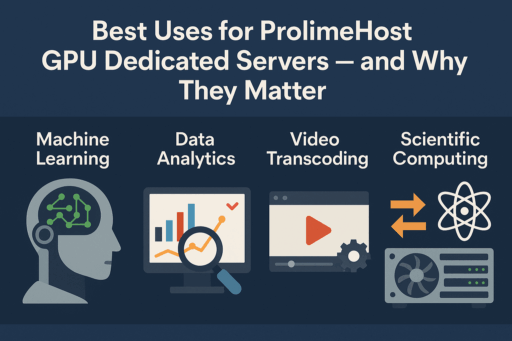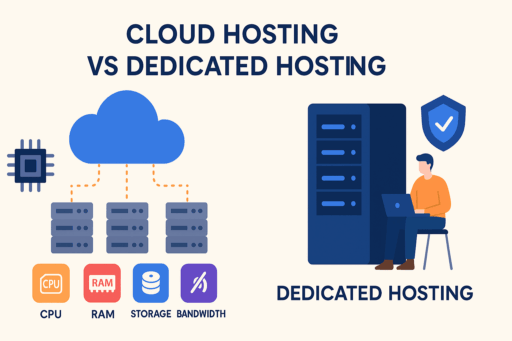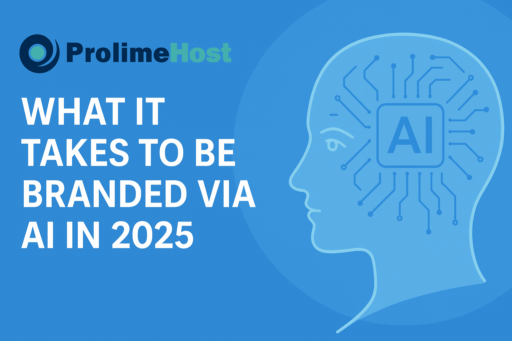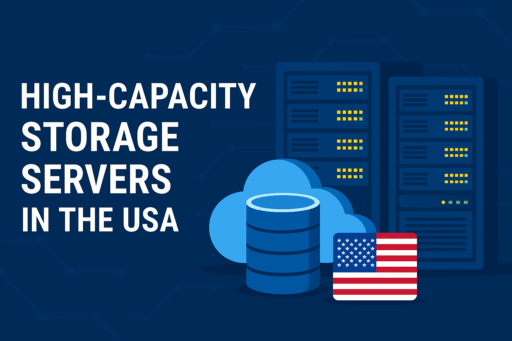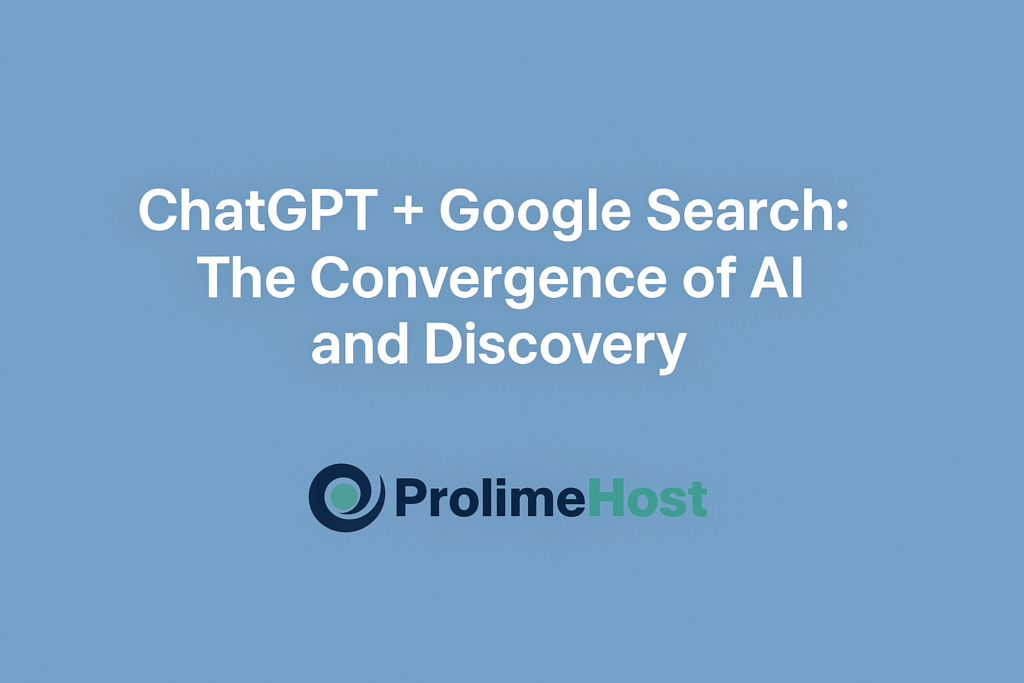
Introduction
Once upon a time, ChatGPT was an island. It was powered by massive text datasets — books, articles, and websites — but its knowledge stopped at a training cutoff date. Earlier GPT-3.5 models, for example, only understood the world up to 2021. That meant when you asked about recent global events or product releases, the model could only speculate.
The arrival of real-time web integration changed everything. ChatGPT transformed from a static language model into an intelligent assistant capable of researching, citing, and summarizing live data — a shift that’s redefining how people search for and consume information.
From Static Models to Real-Time Intelligence
Traditional AI models were trained once, used forever, and never updated until a new version was released. While brilliant at reasoning, they couldn’t “see” beyond their dataset.
By contrast, today’s GPT-5 + SearchGPT framework allows ChatGPT to access the web selectively, blending stored knowledge with live search results. This hybrid approach bridges the gap between “what it knows” and “what’s happening right now.”
In short, ChatGPT evolved from a static thinker into a dynamic researcher — capable of combining memory with discovery.
How Web Search Became Part of ChatGPT
OpenAI’s integration of web search didn’t happen overnight. It began as an experiment with Bing’s API, then evolved into a built-in “Search the Web” feature that intelligently decides when to retrieve real-time data.
Users can now trigger searches manually or let ChatGPT decide autonomously when live data is required. When it does fetch results, the model provides citations, letting readers verify or explore further.
This capability allows ChatGPT to act more like a research analyst than a search engine — interpreting multiple sources, summarizing patterns, and presenting insights in natural language.
Where Google Fits In
It’s important to understand that ChatGPT doesn’t use Google’s backend or algorithms by default. Instead, it employs its own web retrieval systems, sometimes routed through Bing or other APIs.
However, certain third-party plugins and developer integrations can channel ChatGPT’s queries through Google Search APIs, merging Google’s ranking with ChatGPT’s interpretive power.
The outcome? A new class of hybrid tools that combine Google’s discovery precision with ChatGPT’s analytical intelligence — reshaping how users interact with online information.
Advantages and Limitations: This intertwining brings major benefits — and a few cautionary notes.
The biggest advantage is freshness. ChatGPT can now draw from up-to-date, live sources, producing responses that reflect today’s world rather than yesterday’s data. Citations and live references make this system far more transparent.
But with power comes risk. ChatGPT can misinterpret or over-generalize web content. Some sources may introduce bias, or even manipulate information. Studies have also shown that AI-generated citations can occasionally misalign with claims, underscoring the need for careful verification.
As with all AI tools, human oversight remains essential.
Timeline: From Offline AI to Search-Integrated ChatGPT
2022 – ChatGPT Launch (GPT-3.5)
Static model with no live data access. All answers derived from pre-2021 text.
Early 2023 – Browsing Beta (GPT-4)
“Browse with Bing” introduced. ChatGPT could now fetch and summarize a few live pages.
Mid 2023 – Plugin Ecosystem Expansion
Developers began linking ChatGPT to external APIs, including Google Search, creating early “SearchGPT” experiments.
Early 2024 – Unified Web Search Mode
ChatGPT’s native “Search the Web” rolled out, letting it determine when fresh data was needed.
Mid 2024 – Launch of SearchGPT Prototype
OpenAI unveiled SearchGPT — a system combining live web crawling, summarization, and citations.
Late 2024 – 2025: The Convergence Era
Both Google and OpenAI now embrace AI-driven search. Google enhances its results with Gemini’s AI Overviews, while OpenAI’s GPT-5 + SearchGPT provides real-time conversational synthesis. The two giants are no longer competing from different ends — they’re converging in the middle.
ChatGPT vs. Google Search: Core Differences
| Feature | ChatGPT (GPT-5 + SearchGPT) | Google Search (Gemini + AI Overviews) |
|---|---|---|
| Primary Goal | Deliver conversational, synthesized insights | Rank and display web pages with AI-enhanced summaries |
| Data Source | Internal model + live web fetch (not limited to Google) | Google’s search index + Gemini models |
| Citations | Integrated directly into responses | Linked in AI Overview summaries |
| Interaction Style | Conversational and iterative | Search–click–refine loop |
| Ranking Logic | Semantic relevance and contextual reasoning | SEO signals and authority metrics |
Philosophical Convergence: Search Meets AI
We’re entering an era where AI and search are no longer separate disciplines.
Google, once focused on ranking pages, now provides AI-generated insights. ChatGPT, once focused on generating text, now performs search-driven reasoning. The two paths — search evolving toward intelligence, and intelligence evolving toward search — are intersecting.
For users and businesses alike, this means a more intuitive, context-aware search experience. The emphasis is shifting from “finding links” to finding understanding.
FAQs
1. Does ChatGPT use Google to get answers?
Not directly. It uses OpenAI’s internal systems (and sometimes Bing APIs) to pull live data. Some third-party extensions, however, use Google’s APIs.
2. Can ChatGPT access current events or news?
Yes. When using “SearchGPT” or “web mode,” ChatGPT can access and summarize recent online content with verifiable citations.
3. Are ChatGPT’s online answers always accurate?
Not perfectly. It can misinterpret content or reflect bias from the sources it reads. Citations help you verify credibility.
4. How does ChatGPT differ from Google’s AI Overviews?
Google’s system enhances its existing search listings, while ChatGPT blends reasoning with discovery — giving you synthesized, conversational insights.
5. Are ChatGPT and Google competitors now?
In some ways, yes. But they’re also moving toward the same goal: delivering AI-enhanced knowledge experiences where users can ask, explore, and understand instantly.
My Thoughts
At ProlimeHost, we understand how rapidly AI-driven tools — from ChatGPT to Google Gemini — are transforming the digital landscape. As search and AI converge, the demand for powerful, GPU-optimized hosting grows stronger than ever.
Whether you’re building AI models, training chatbots, or developing next-generation search applications, ProlimeHost’s dedicated GPU servers deliver the compute performance and reliability your projects need.
🚀 Future-proof your infrastructure with ProlimeHost.
Explore our GPU-Powered Dedicated Servers today and experience hosting designed for the AI-driven internet of tomorrow.
You can reach us at sales@prolimehost.com or at 1 (877) 477-9454

